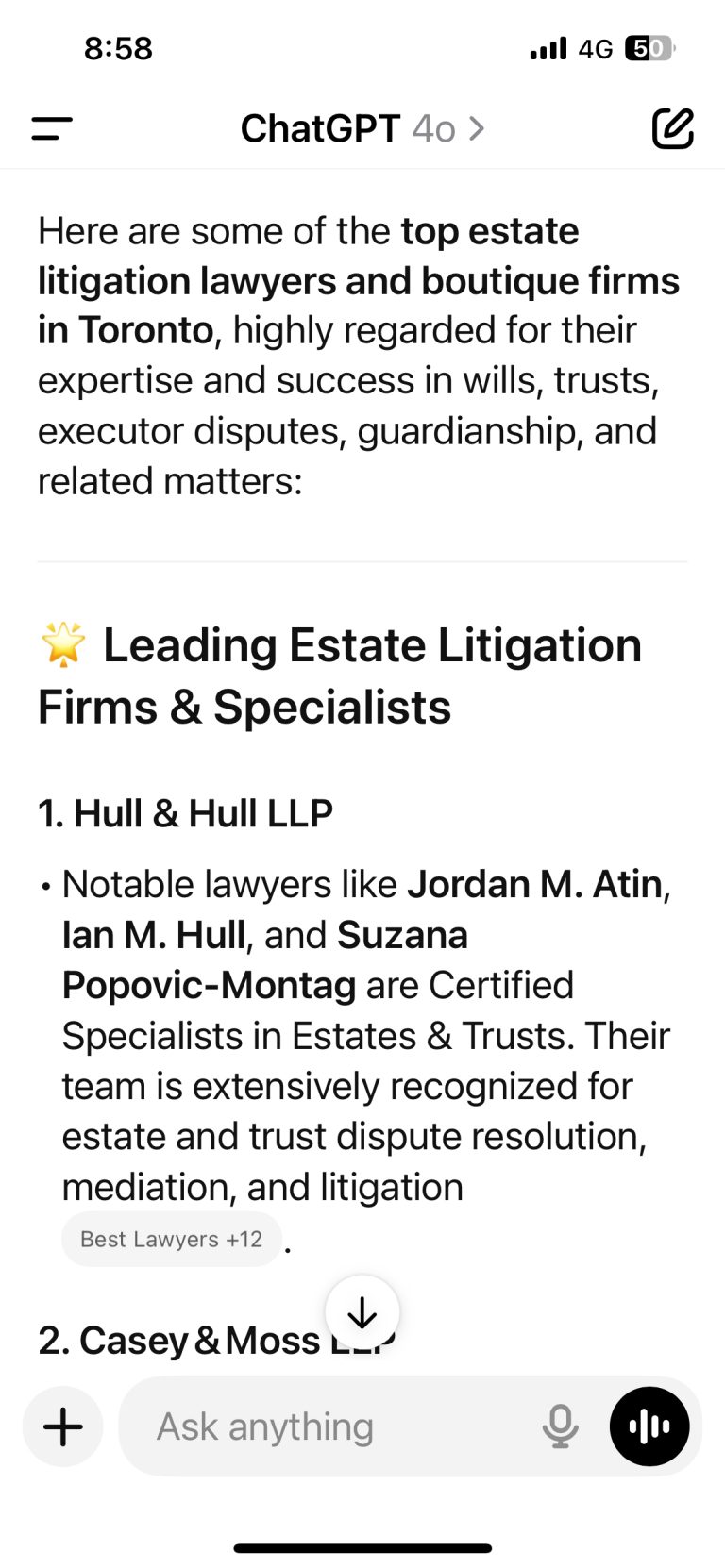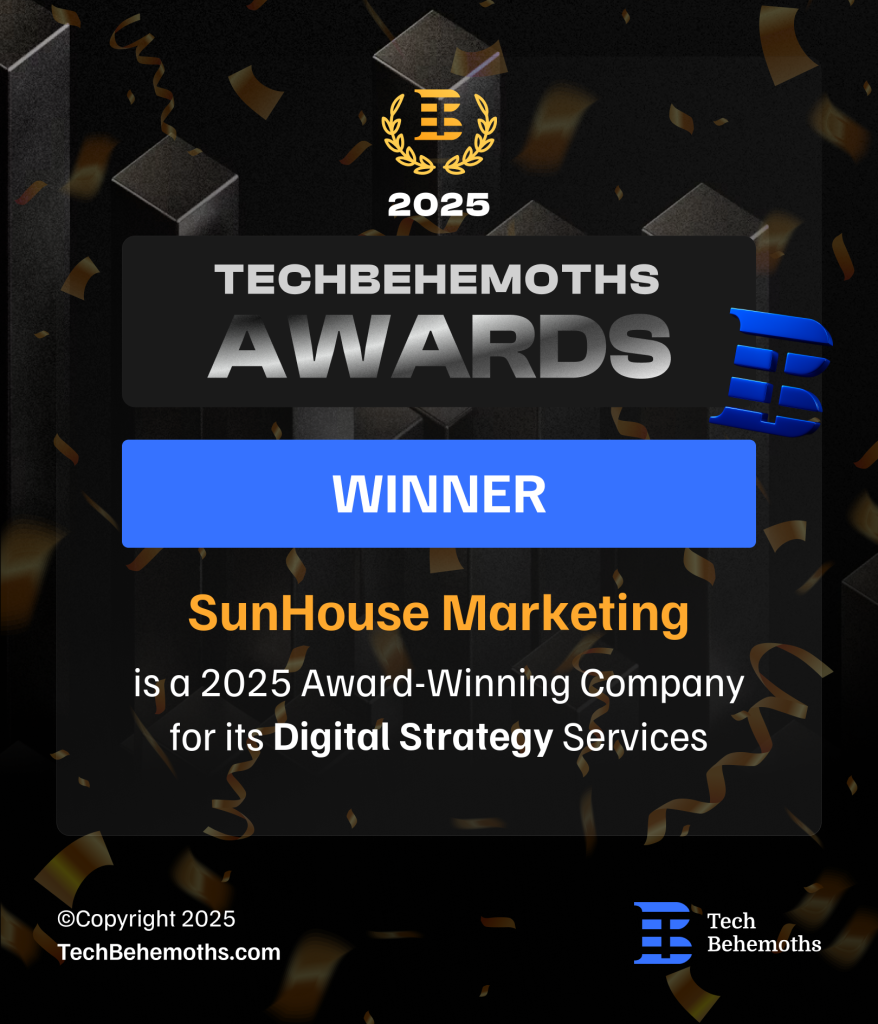Search has quietly but fundamentally shifted. Generative AI is now a routine part of how we access information, whether through AI Overviews (Google’s position-zero summaries), voice assistants, or personalized query models. Users are no longer scanning ten blue links; they expect faster, more conversational, and more personalized answers. For businesses, this means rethinking how visibility is earned.
Yet most organizations are still optimizing based on outdated search habits. To stay competitive, we need to plan for discovery through voice, AI, and entity-based systems. This blog explores how to build that advantageby leaning into structured data, entity SEO, and Generative Engine Optimization (GEO), the practice of tailoring your content and site architecture for inclusion in AI-generated search results like Google’s AI Overviews and ChatGPT’s browsing tools.
In the early 2000s and well into the 2010s, SEO was dominated by tactics like keyword stuffing, epeating target phrases across a page to manipulate rankings, and link farms, which created artificial backlinks to inflate site authority. These methods worked when search engines focused on volume rather than context.
Today, those strategies are thankfully, not only outdated but penalized heavily. Google’s AI-powered systems, now prioritize meaning, relationships, and topical relevance. What matters now is:
Who you are
What you do
Where you operate
How you’re connected to other trusted entities online
At it’s core, Entity SEO. is about positioning your brand as a credible, clearly defined presence within your field. Visibility in AI-generated search results, voice queries, and knowledge panels depends on recognition, not repetition.
You can refer to these articles for more insights:
One of the most effective ways to strengthen your entity presence, especially for local and branded search, is through your Google Business Profile. This is where Google pulls verified information about your business, including name, category, location, services, and reviews. It acts as a foundational signal in Google’s entity recognition framework.
A Really Easy Update: SunHouse Marketing’s Google Business Listing Optimization
We recently updated our Google Business Profile. Here’s the before and after:
Old Description:

New Description
The screenshot below shows how we rewrote our Google Business Profile to emphasize verticals like healthcare and legal, reinforce our core services, and support structured discovery through AI.

This update integrates:
- Entity keywords: “healthcare,” “legal,” “education”
- Action-oriented language tied to conversion
- Industry and location-specific trust signals
This shift reflects how Google and AI systems understand businesses, not only by keywords, but by structured, industry-specific signals.
How AI Ranks Industry Experts (With or Without You)
When we asked ChatGPT, “Who are the top estate litigation lawyers in Toronto?”, it surfaced a handful of well-known firms and lawyers. Theseresults reflect structured signals like as detailed Google Business Profiles, practice-area schema, external mentions, and online authority (note these folks all have Best Lawyers profiles).

The takeaway is simple: AI systems are already compiling expert shortlists based on structured data and credibility. If your business isn’t clearly signaling who you are through; your Google Business Profile, schema markup, third-party references, and consistent service page messaging, you won’t appear as a trusted answer. Not in voice search, not in AI summaries, not even when you deserve to.
Insights from AlsoAsked
We ran a query on AlsoAsked.com for “who does digital marketing for healthcare.” Here’s what emerged. The voice-style phrasing of these questions reveals how both users and AI systems are structuring information requests. These queries are gold for content strategy, use them to shape service page copy, build relevant FAQs, and inform your schema markup to match the way real people search.

- Who is responsible for digital marketing?
- What does a digital marketing agency do?
- What company does digital marketing well?
- Can you hire a digital marketer?
Each one of these is an This is an opportunity to create targeted service pages, add FAQ schema, and provide AI engines with the structured answers they’re designed to surface.
Strategic Oversight Still Matters Even With the Best Schema Plugins
Even if you’re using a schema plugin, check whether you can manually edit and assign schema types. This screenshot shows a partial view of SunHouse’s current schema layout across pages. It’s a view of our active schema setup. You’ll see structured data types like Service, Review, and LocalBusiness, which help signal our entity’s relevance to AI engines, voice assistants, and Google’s knowledge systems.

I want to leave you with a few statistics that underline just how urgent this shift really is. As of 2025, over 12% of all websites,more than 45 million domains, now use schema markup to help search engines interpret their content. Pages that include structured data see up to a 35% higher click-through rate compared to those that don’t. And with AI-driven features like Google’s AI Overviews, ChatGPT, and Perplexity becoming standard tools for content discovery, analysts project a potential 20–40% drop in organic traffic for businesses that haven’t embraced entity-based, answer-focused optimization. Bottom line, If your brand isn’t clearly defined and consistently reinforced you’re being left out of the conversation entirely.
Need help turning your business into a dominant voice in your niche? SunHouse can help.



